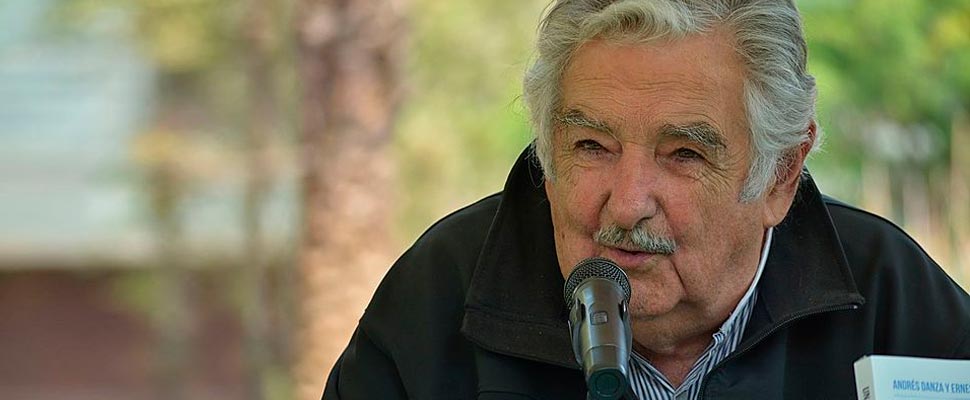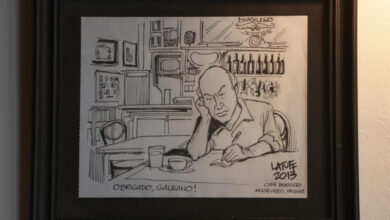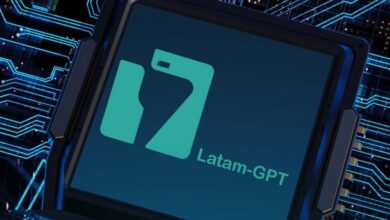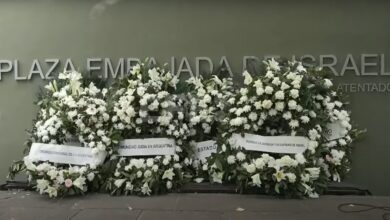Given the withdrawal from political activity of the current senator and former president of Uruguay, José Mujica, we decided to review his career
Given the withdrawal from political activity of the current senator and former president of Uruguay, José Mujica, we decided to review his career .

José Mujica has been one of the most recognized leaders of recent years in America. / Photo: Wikimedia – ProtoplasmaKid
LatinAmerican Post | Ariel Cipolla
Listen to this article
Leer en español: La singular historia política de José Mujica en Uruguay
Latin American politics continues despite the coronavirus. According to what TelesurTV reveals, former President José “Pepe” Mujica decided to resign from the Senate of Uruguay, due to a “chronic immunological disease” that would put him in danger from the pandemic and the risk of contagion from COVID-19.
However, this not all. From DW they add that, before this resignation, he decided to permanently withdraw from the active politics of Uruguay. Being one of the main leaders of the leftist Frente Amplio party, he decided to abandon his activity.
It is clear that, for better or for worse, Mujica's work in Uruguay was really important, being one of the most recognized leaders of recent years in Latin America. Therefore, we decided to review the entire political career of José Mujica, who decided to abandon his political task in the Senate.
The particular story of Pepe Mujica
At the age of 85, José Mujica decided to permanently retire from politics. Before the Uruguayan elections last year, the BBC mentioned that, despite his age, he was still not “senile”. That is, he had several ideas in his head to modify the reality of all citizens, protected under his career in the leadership of the country.
Therefore, to understand his way of thinking and living, we must define who José Mujica is. The specialized website of Quien characterizes him as a political leader with a long history in his homeland, who had a past in the guerrilla movement known as the National Liberation Movement-Tupamaros, to later reach the presidency of Uruguay in 2010 to 2015.
It is also important to comment that, unlike many other politicians, Mujica's life was quite austere. From Semana they reported that he lived on a farm in a rural area of Montevideo, being an image that does not fit with that of a 21st century head of state, because he also dresses in an “informal” way, without the need to show off luxuries.
So iconic was his way of life that, for example, from the ABC website they commented that he had an old 1987 Volkswagen Fusca vehicle with which he moved. When a sheik offered a million dollars to buy it, he rejected them because it was a gift from some friends.
Hence, for example, they made different productions to show the singularities of his life. The website of La Capital mentioned that his entire history is based on the transition "from the guerrilla to the presidency", something that could be seen, for example, in El Pepe, a supreme life, the documentary by the famous director Emir Kusturica.
Also read: Is the current Argentine government Peronist?
In other words, we are talking about a unique personality in the field of politics. The idea of abstaining from the material, at least in personal matters, did not mean that he made the same decisions in political matters. In other words, his government was characterized by different center-left actions within the populist current of Latin America.
The La Diaria Uruguay website revealed that the former president declared that they lifted “quite a few people out of poverty”, although that did not mean making them better citizens, but rather making them better consumers. Therefore, internal trade was one of the keys to the Mujica government.
From the El Mundo website they had clarified that Uruguay managed to reduce poverty by half, being one of the priority objectives they had at the time of taking office in government. At the same time, they also did it with homelessness, being a sector with which Mujica had a relative "affinity."
For example, from Perfil they had announced that there was an "emotional episode", where a crying man asked the Uruguayan president for money to eat. In that case, the president decided to take money out of his own pocket to help him, telling him that he would only do it if he stopped crying. To thank him, he even told him that he wanted him as president "all his life", but Mujica refused with a laugh.
His very particular life, according to El Espectador, provoked "devotion and criticism." That is to say, his government management ended with macroeconomic results that the opposition criticized, such as the high fiscal deficit or thickening of the State. However, in terms of poverty, he generated promising results, while his own way of living marked a before and after in Latin American political life.




